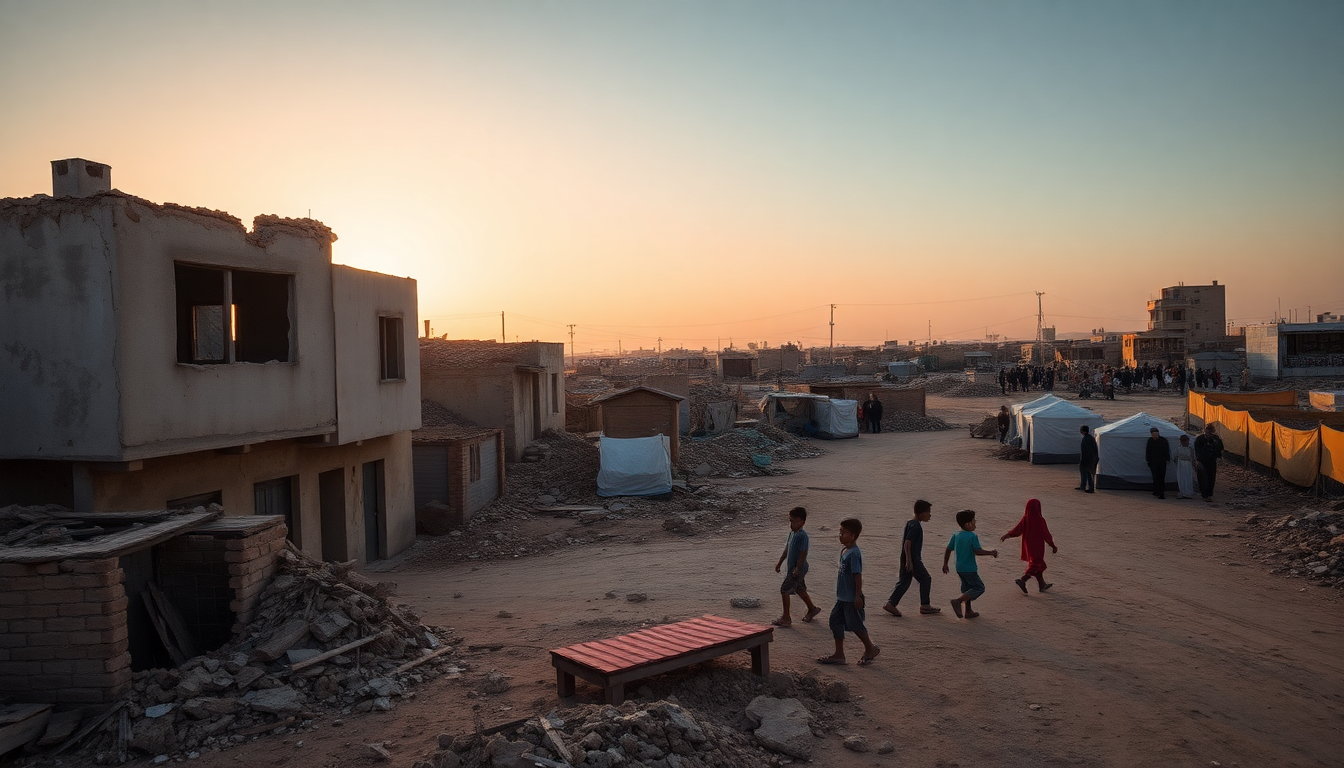Table of Contents
The humanitarian crisis in Gaza has reached critical levels, with authorities confirming a famine declaration that marks a significant escalation in the ongoing conflict. As the situation worsens, the loss of life and suffering among civilians—especially children—have become urgent concerns. In this article, we’ll explore the current state of affairs in Gaza, the implications of the famine, and how the international community is responding to this alarming crisis.
Current State of the Humanitarian Crisis in Gaza
Recent reports paint a grim picture: over 63 Palestinians have reportedly been killed due to Israeli military actions, with a heartbreaking number of civilian casualties, including children. As Israeli forces intensify their operations in urban areas like Gaza City, the humanitarian challenges are overwhelming. Families are being forcibly displaced, and basic needs are going unmet, leaving many in desperate situations.
The declared famine has only exacerbated the devastation, with eight additional deaths reported due to starvation, two of whom were children. Health authorities in Gaza have reported a staggering total of 281 lives lost since the conflict began nearly two years ago, underscoring the severe toll this crisis takes on the most vulnerable populations. Can you imagine the fear and uncertainty that families are facing every day?
Muhammad al-Bursh, the director-general of Gaza’s Health Ministry, highlighted the catastrophic effects of malnutrition on children, stating, “The famine is silently ravaging the bodies of civilians, depriving children of their right to life.” With the United Nations officially declaring a famine in Gaza, experts warn that about 500,000 people are facing catastrophic hunger, and projections indicate that this number may continue to rise.
Challenges of Delivering Humanitarian Aid
The humanitarian situation is further complicated by reports of obstructed aid deliveries to Gaza. The UN has accused Israel of systematically impeding assistance, leading to a dire need for food, medical supplies, and basic necessities. According to the Integrated Food Security Phase Classification (IPC) system, nearly a quarter of the Gazan population is experiencing famine conditions, and this number is expected to increase significantly in the coming months. Isn’t it shocking to think that so many people are fighting for their basic survival?
The Palestinian Health Ministry has raised serious concerns about the humanitarian aid mechanisms established by Israel and the US, deeming them illegitimate and detached from fundamental humanitarian principles. With tensions escalating, the situation on the ground remains precarious, as many civilians find themselves caught in the crossfire while trying to access essential resources.
Reports also indicate that a significant number of Palestinians have been killed while seeking aid, highlighting the life-threatening risks faced by those in desperate need. The ongoing violence and military operations have created an environment where accessing humanitarian assistance has become increasingly perilous. What does it say about our world when seeking help can cost lives?
International Response and Implications
The unfolding crisis in Gaza has sparked international attention, with urgent calls for action to address the humanitarian needs of the population. However, the response has been fraught with challenges, as the complexities of the conflict continue to hinder effective intervention. The UN Secretary-General has described the famine as a “man-made disaster,” calling for a concerted effort to alleviate civilian suffering. How can we, as a global community, stand by and allow such suffering to continue?
As the international community grapples with the multifaceted nature of the crisis, it’s crucial to recognize the long-term implications of this humanitarian disaster in Gaza. The combination of conflict, famine, and restricted access to aid presents a formidable challenge that demands immediate and sustained attention. Without timely intervention, the risks of further escalation and loss of life will only increase.
In closing, the situation in Gaza serves as a stark reminder of the devastating impact of conflict on civilian populations. The humanitarian crisis, marked by widespread famine and loss of life, calls for not only immediate action but also a reevaluation of how aid is delivered and the necessary measures to ensure the safety and well-being of those affected. What steps can we take to ensure that those suffering in Gaza are not forgotten?


